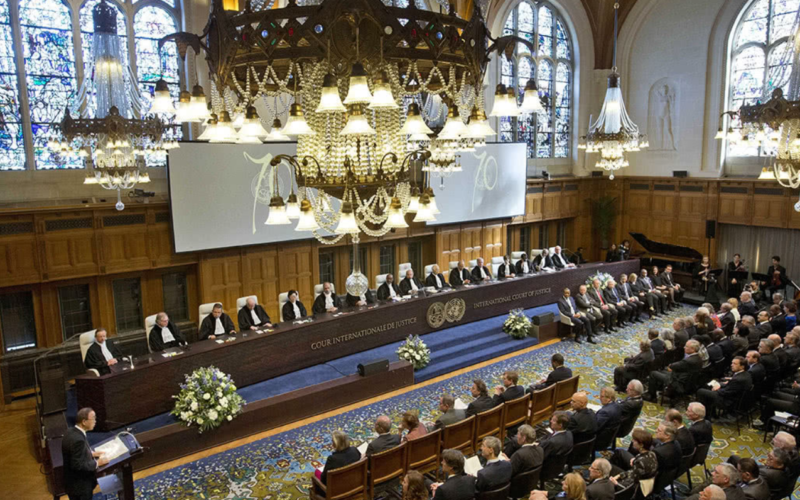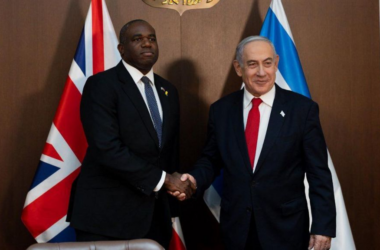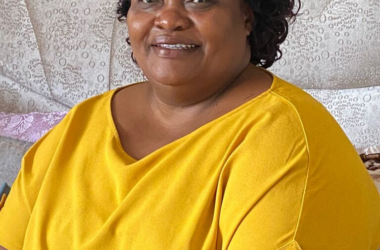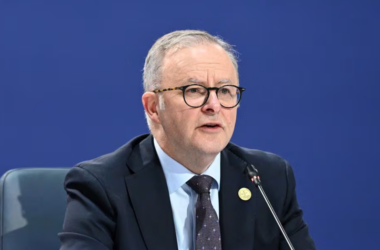The international stage witnessed a tense standoff in The Hague this week as Russia and Ukraine clashed over allegations of genocide. Ukraine asserts that Russia’s invasion in 2022 violates the Genocide Convention of 1948, a significant treaty in international law.
“For nine years we have endured lies about genocide from the highest level of the Russian government. For a year and a half we have suffered terrible attacks because of those lies. Today Ukraine is simply asking for its day in court,” Ukrainian Ambassador Anton Korynevych told the court Tuesday.
The dispute between Russia and Ukraine over genocide allegations has escalated at the International Court of Justice, a branch of the United Nations. The findings of the world court and other international tribunals hold significant implications for both the level of support Ukraine receives from its allies and the eventual shape of a peace settlement. The records that both Russia and Ukraine aim to establish in this case may have far-reaching consequences in the future.
Russia’s argument centers on the characterization of its invasion as a “special military operation.” They contend that this operation falls outside the scope of the Genocide Convention, and thus, Ukraine’s complaint should be dismissed. Conversely, Kyiv asserts that Russia has violated the treaty by falsely accusing Ukraine of committing genocide in the Donbas region as a pretext for its invasion.
The United States also attempted to intervene in support of Ukraine, but the International Court of Justice ruled that Washington was ineligible to do so because it had not consented to be bound by the court’s application of the Genocide Convention.
The International Court of Justice, composed of 15 judges, adjudicates disputes between nations that willingly submit to its jurisdiction. However, it lacks the power to independently enforce its rulings. Joan Donoghue, a former official with the U.S. State Department, currently serves as its president. In March 2022, the court issued an order, passed by a vote of 13-2, directing Russia to cease its military operations. The Russian and Chinese judges dissented from this decision.
Russia and its leaders are under scrutiny from various international bodies, including the International Criminal Court. In March, this court issued warrants for the arrest of President Vladimir Putin and a senior Kremlin official, Maria Alekseyevna Lvova-Belova. A Kremlin spokesperson dismissed the ICC warrants as an outrage and asserted that Russia did not fall under the court’s jurisdiction.
Much like the International Court of Justice, the International Criminal Court lacks its own law enforcement authority and must rely on the cooperation of national governments to enforce its orders.
Russia vehemently denies these allegations and argues that its military intervention in Ukraine is aimed at protecting Russian-speaking populations in the region. Moscow contests Ukraine’s characterization of the situation as genocide, setting the stage for a protracted legal battle with far-reaching implications.








